There’s an old Cherokee Native American story that I use for coaching goalies and teaching mental toughness.
I discuss this parable in my goalie book however I wanted to share it here on the blog for those who haven’t yet read the book.
It’s called the Tale of Two Wolves and in this post I’d like to share the story with you and explain how I use it to increase a goalie’s mental toughness.
The Tale of Two Wolves Parable
An old Cherokee grandfather is talking with his young warrior grandson. He explains that inside of every human there are two wolves who are constantly at war with one another.
One wolf is bad. This wolf represents all of the bad qualities known to man. He stands for things like anger, envy, jealousy, sorrow, regret, greed, arrogance, self-pity, guilt, shame, resentment, inferiority, lies, false pride, superiority, and ego.
The other wolf is good and he represents everything great. Things like joy, peace, love, hope, serenity, humility, kindness, benevolence, empathy, generosity, truth, compassion, and faith.
The grandson stops for a moment to think about that and then responds, “Grandfather, which wolf will win?”
The one you feed – replies the Grandfather.
Feed the Good Wolf
Our emotions are a funny thing. They are a simple choice but they are not an easy choice.
They are a simple choice because if a goalie has to choose between feeling bad, upset, angry, and playing poorly versus feeling great, confident, and playing well they will choose the latter every single time. Simple choice.
But unfortunately emotions are not an easy choice. Many goalies are hard-wired with bad emotional habits.
When a ball gets past a goaltender many go into an auto-response mode where uncontrollable emotions like anger, embarrassment, shame, and guilt come pouring out. This emotional response is unhealthy and further hinders their performance.
It’s a tough concept to learn but something that every lacrosse goalies needs to realize is our emotions are a choice.
Every lacrosse goalie is facing an important battle on the field – the fight between good and bad thoughts.
Which wolf will win – whatever one you feed.
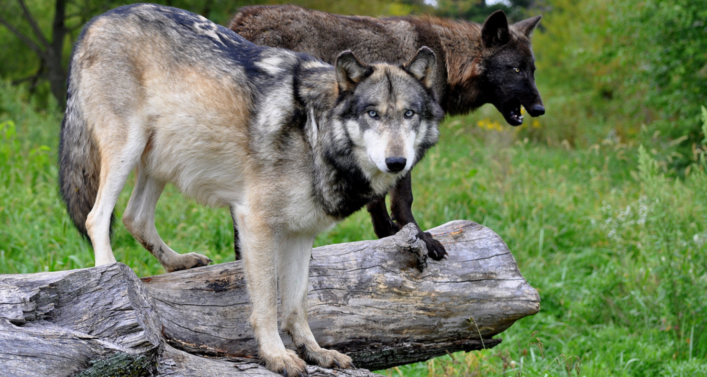
Feed the Good Wolf In Practice
Emotions and the mental game are extremely important to develop in young goalies. If left unattended they could go in disastrous ways. But when honed you develop a goalie who is not only confident in the crease but also in life.
Emotions are so important because they will ultimately dictate how you perform throughout a competition. Emotions for goalies are often strong and can linger well after a goal and hurt the performance of the next play.
Therefore I always spend time teaching young goalies the story of the Two Wolves.
Then during practice or games “feed the good wolf” becomes an instant teaching phrase that communicates a powerful lesson in just 4 words.
When the goalie gives up a goal, and they get upset, slamming the stick against the pipe, yelling at the defenseman, showing horrible body language, or feeling guilty that they should have made the save, they’re feeding the bad wolf.
“Feed the good wolf” reminds them that they do indeed have a choice.
They can repeat the positive verbal triggers and get back into the right mental space even after giving up a goal.
Always feed the good wolf.

Training Goalies to Have Positive Emotional Responses
The first step in feeding the good wolf is learning to identify your own negative and self-defeating thoughts.
Typical negative thoughts a goalie could have include “I suck at this,” “I’m a horrible goalie”, “I’m not good enough,” or, “I don’t belong on the team.” All young goalies have these thoughts at times, so take a moment right now and identify some common negative thoughts about your goalie play that run through your mind while you are in between in the pipes.
Now instead of feeding the bad wolf with those self-critical thoughts, try feeding the good wolf with an encouraging statement (“Bring It!”). Mentally beating yourself up does no good. Instead, train to gain clear control of your thinking process. By learning to feed the good wolf we’re building mental muscle, improving our mood, and upping our goalie performance.
When the bad wolf rears its ugly head during a game or practice, stop it in its tracks. Self-talk (i.e., saying words or short phrases to oneself) should be positive: Stop. Breathe. Reset. “I’m a quick, dominant goalie, bring it on!”.
Although you probably cannot eliminate all of your negative thoughts, you do have the power to challenge these thoughts and replace them with more positive and useful ideas. Seek to improve the quality of your thoughts and to quiet the mind.
To perform at your peak level on the lacrosse field, always feed the good wolf!
Conclusion
Within every goalie is a fight between two wolves – good and evil.
The good wolf represents everything positive while the bad wolf represents everything negative. Whatever wolf you feed will become the dominant one and completely overrule the competition.
Whenever you step onto the lacrosse field – Feed the good wolf.
Until next time! Coach Damon
Anyone have any other stories they use for mental training? I’m always curious to learn more. Leave me a note down below in the comments.








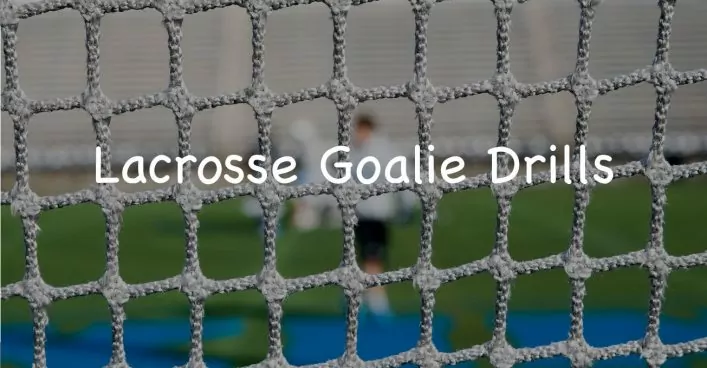 14 Amazing Lacrosse Goalie DrillsAug. 1, 2024
14 Amazing Lacrosse Goalie DrillsAug. 1, 2024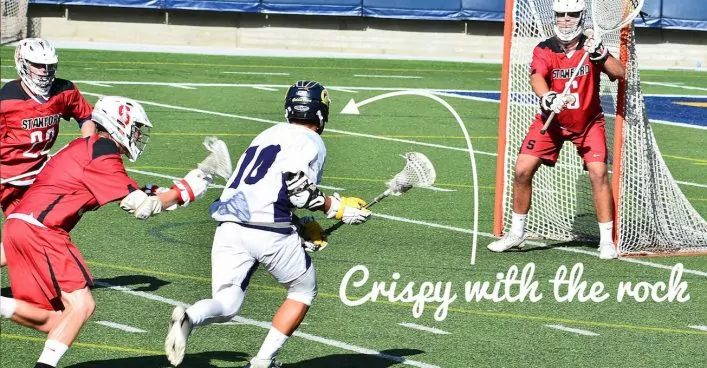 Quick Guide To Lacrosse Slang TermsApril 14, 2025
Quick Guide To Lacrosse Slang TermsApril 14, 2025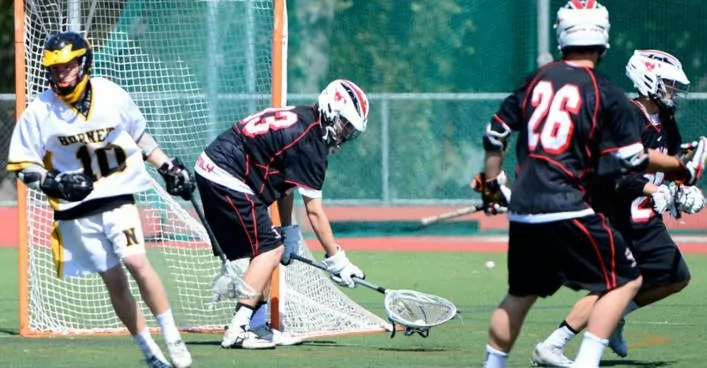 Lacrosse Goalies Rules To KnowJune 28, 2022
Lacrosse Goalies Rules To KnowJune 28, 2022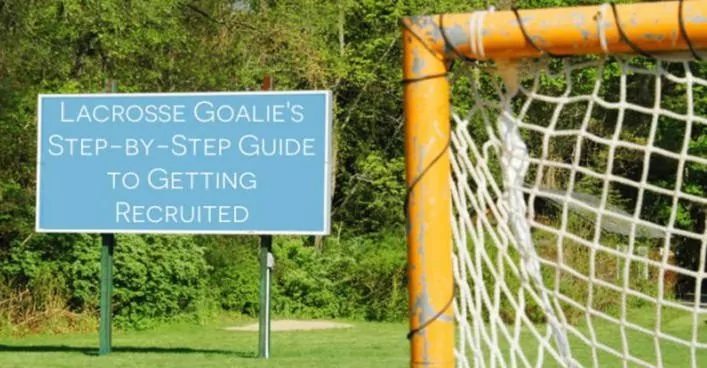 Lacrosse Goalie Step-by-Step Guide to Getting RecruitedFebruary 6, 2022
Lacrosse Goalie Step-by-Step Guide to Getting RecruitedFebruary 6, 2022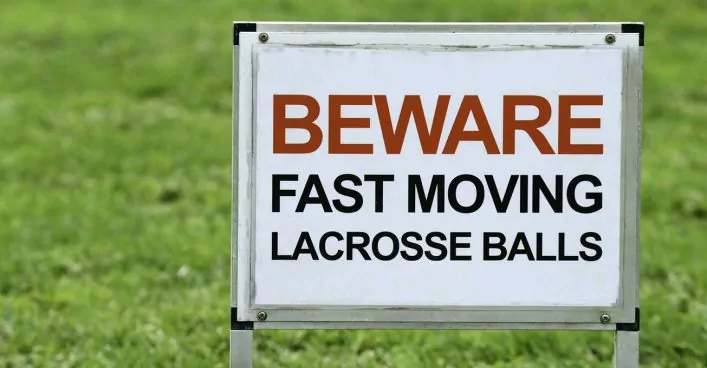 18 Lacrosse Goalie Drills to Improve Your GameApril 24, 2025
18 Lacrosse Goalie Drills to Improve Your GameApril 24, 2025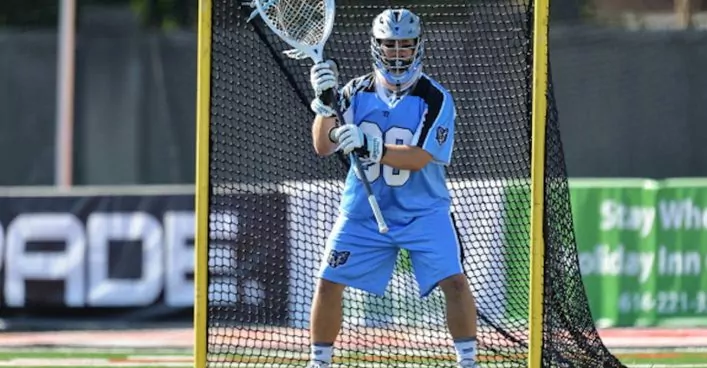 7 Elements of a Great Lacrosse Goalie StanceAug. 1, 2020
7 Elements of a Great Lacrosse Goalie StanceAug. 1, 2020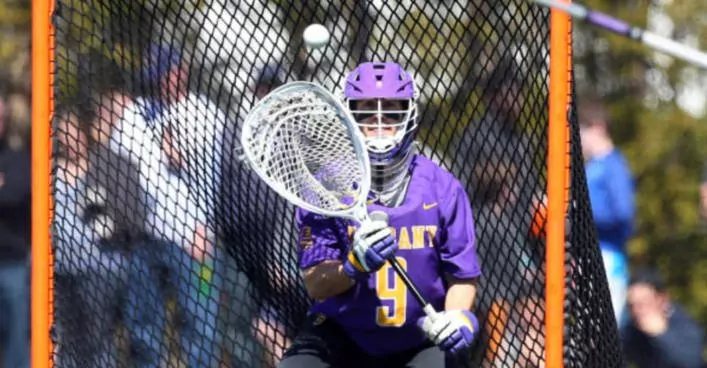 12 Lacrosse Goalie Tips To Take Your Game to the Next LevelSeptember 10, 2024
12 Lacrosse Goalie Tips To Take Your Game to the Next LevelSeptember 10, 2024 STX Eclipse 3 Goalie Head ReviewApril 24, 2025
STX Eclipse 3 Goalie Head ReviewApril 24, 2025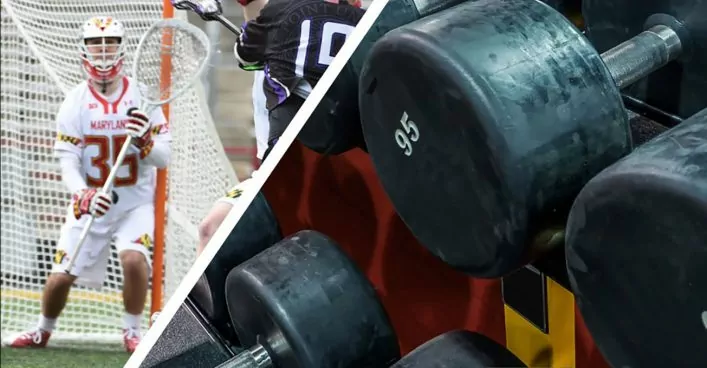 Lacrosse Goalie WorkoutAug. 12, 2019
Lacrosse Goalie WorkoutAug. 12, 2019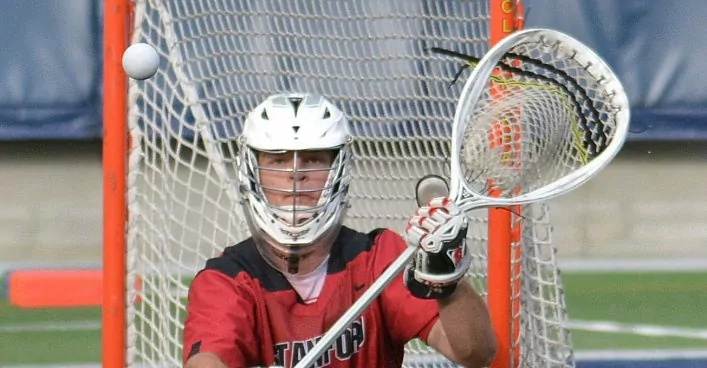 The Basics of Making a SaveJune 29, 2021
The Basics of Making a SaveJune 29, 2021

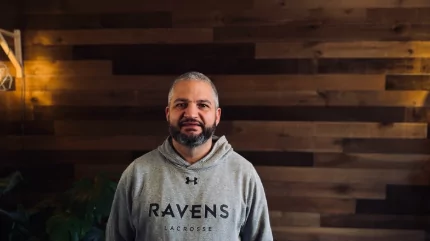

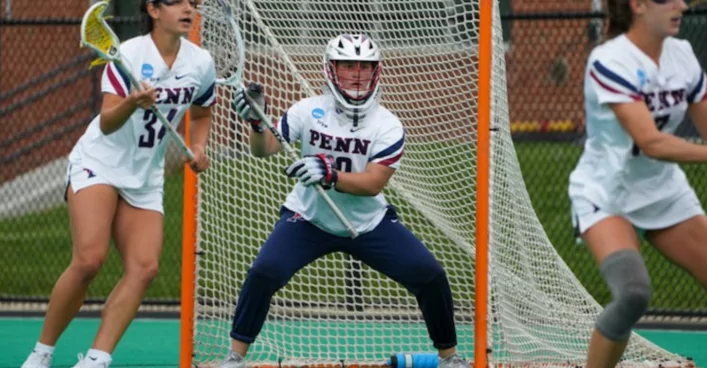
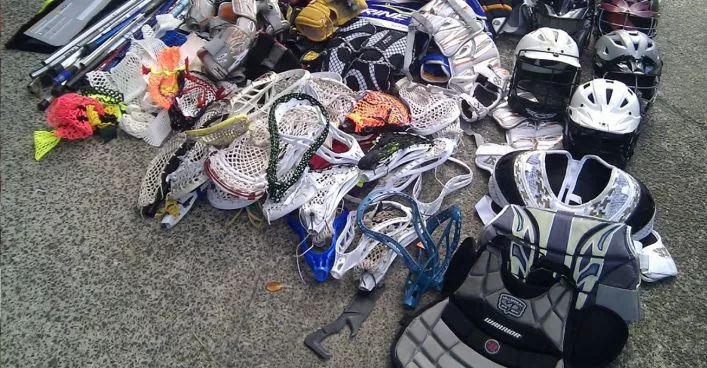

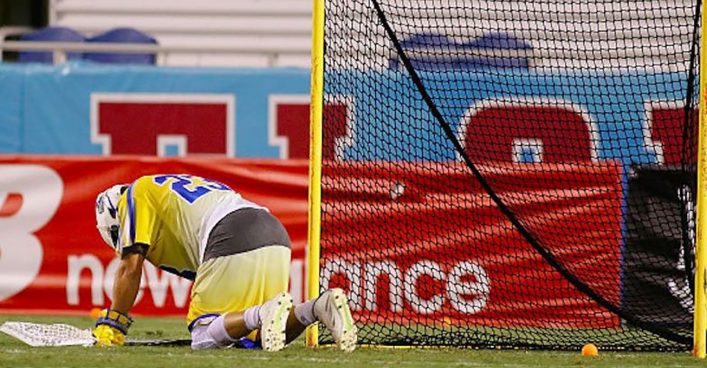
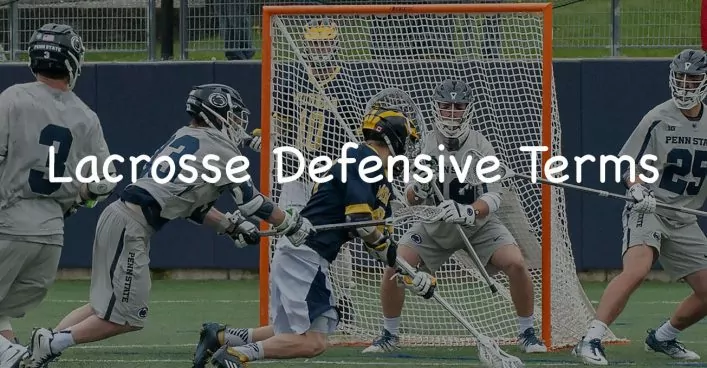
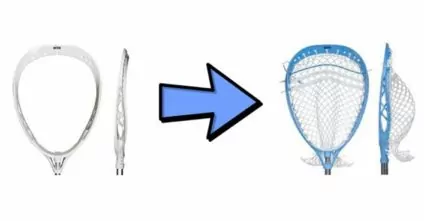







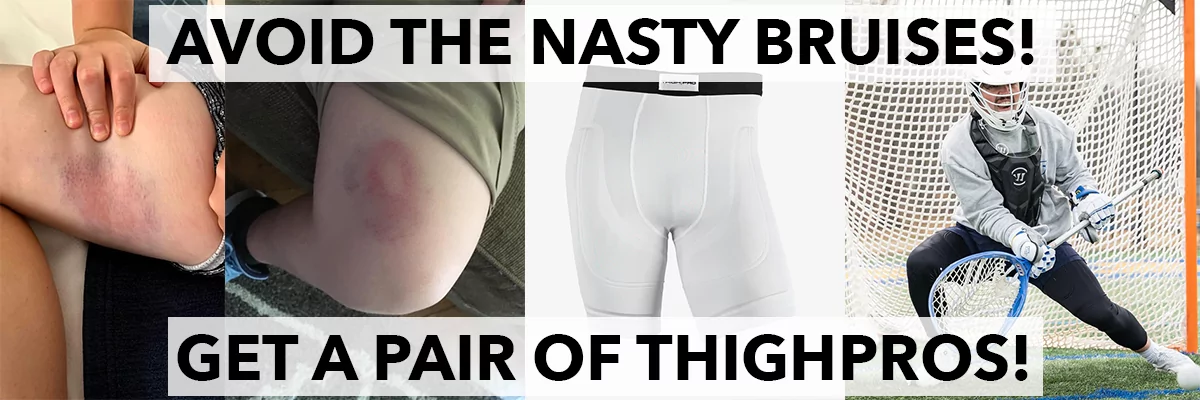

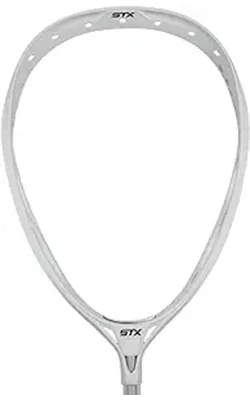


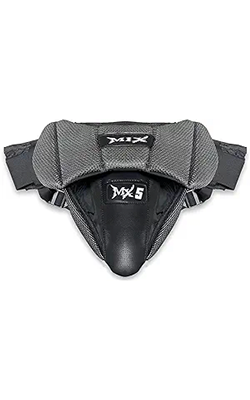







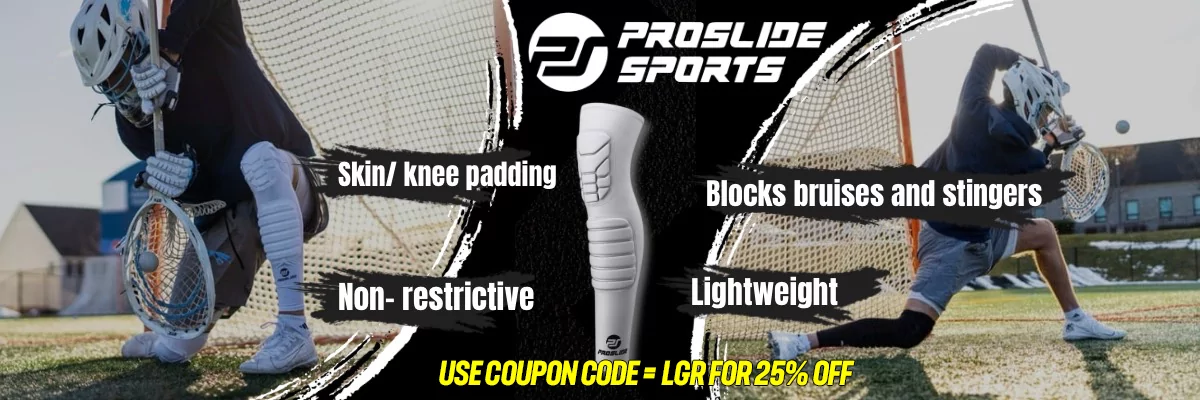




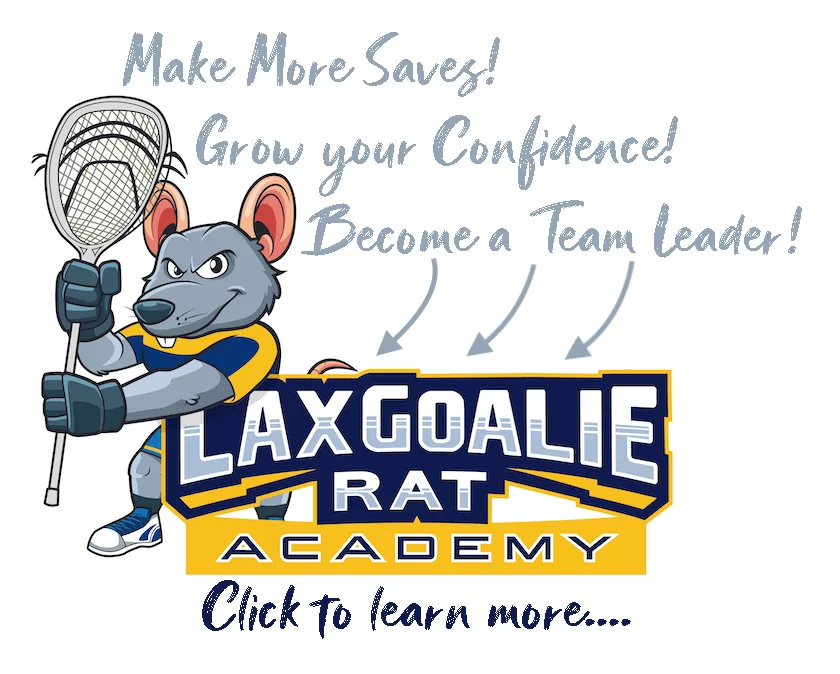

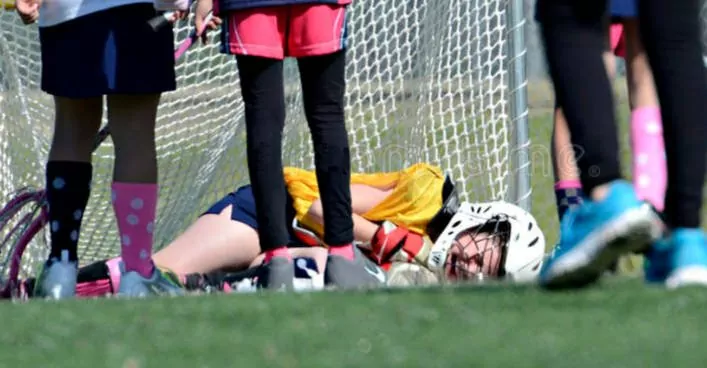
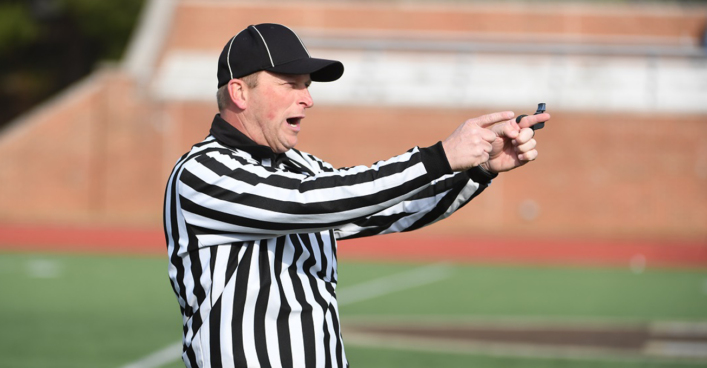
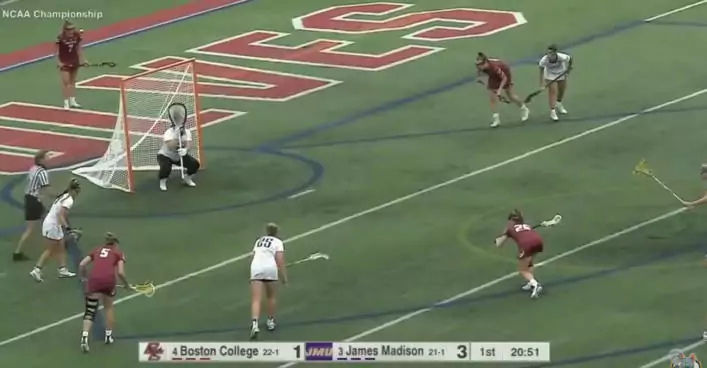
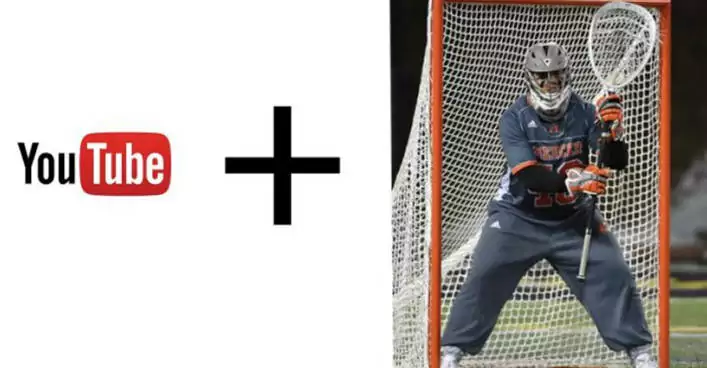
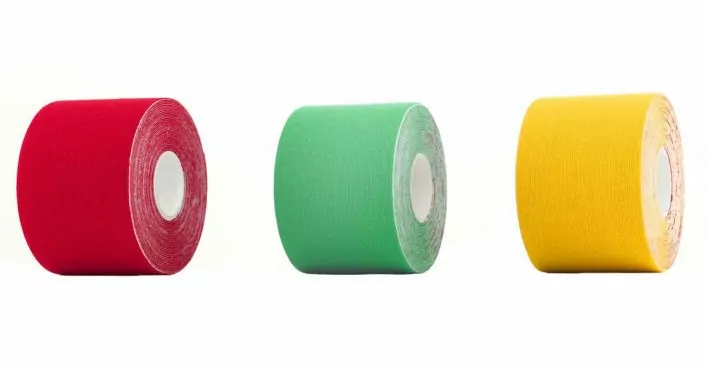
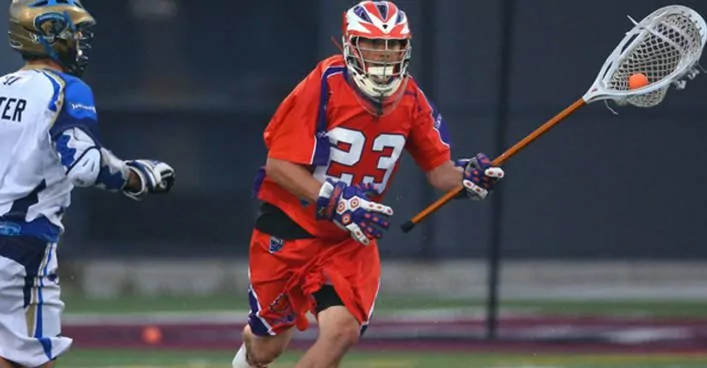




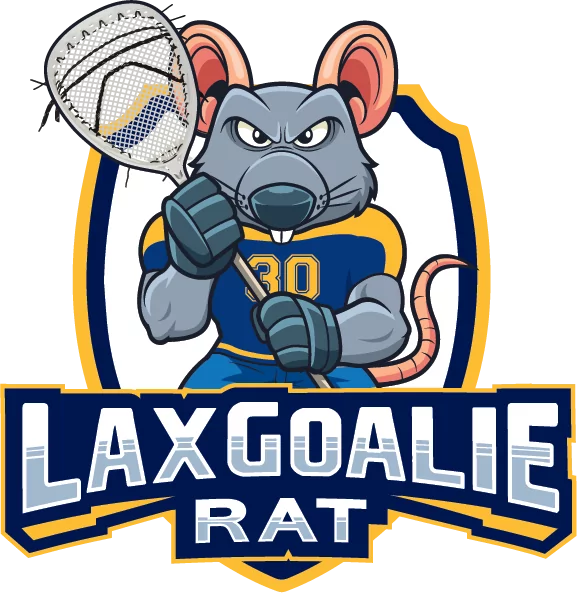




Golf is very much like playing goalie. A golf coach, Michael Hebron, talks about golf shots having favorable or unfavorable outcomes vs. successful or failures. If the shot was not saved it was merely an unfavorable outcome and what did you learn from this. Man is a perfect learning machine and the goalie must treat every shot on goal as a learning experience. This can take the the power away from a missed save and replace it with a learning experience to be utilized on the next shot. All shots must be viewed as learning experiences. Missed saves are not to be viewed as failures. Let me know what you think?
Hi Jim – Thanks for adding that. Whatever mental approach works for the goalie to stay positive and move on after a goal, I’m in favor of. The approach from Hebron sounds like something I teach goalies which is to focus on the process vs. individual result or outcome. When you focus on outcomes your anxiety increases leading to a drastic reduction in performance. In that way each goal is a learning experience towards the overall process of becoming a great goalie. The only way to get optimal results is to focus on what you are doing, at the time you are doing it. Stay in the moment.